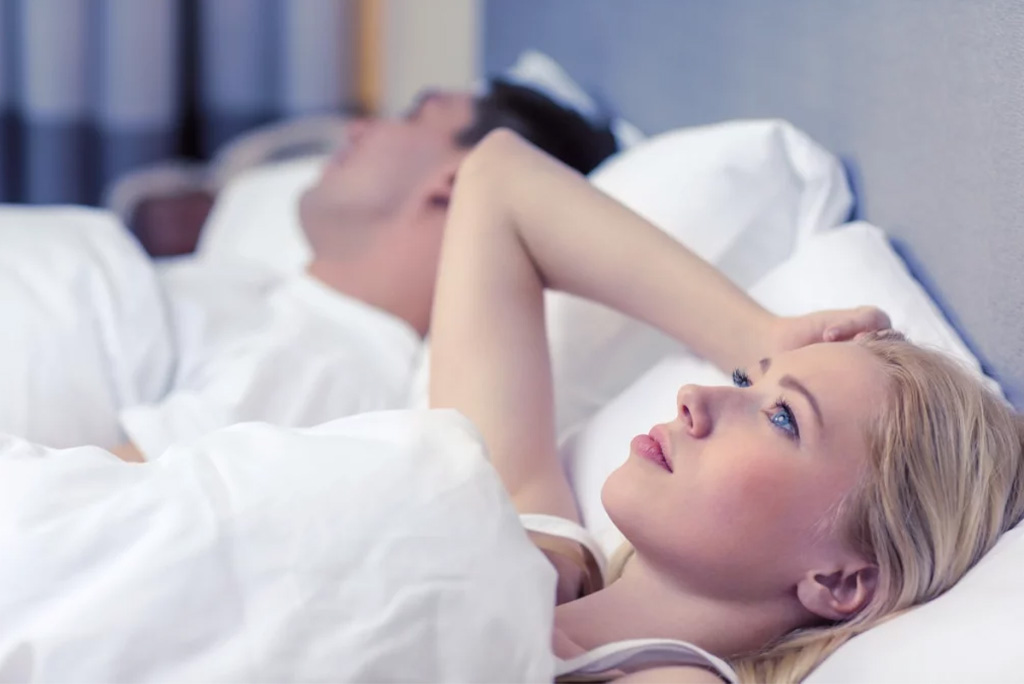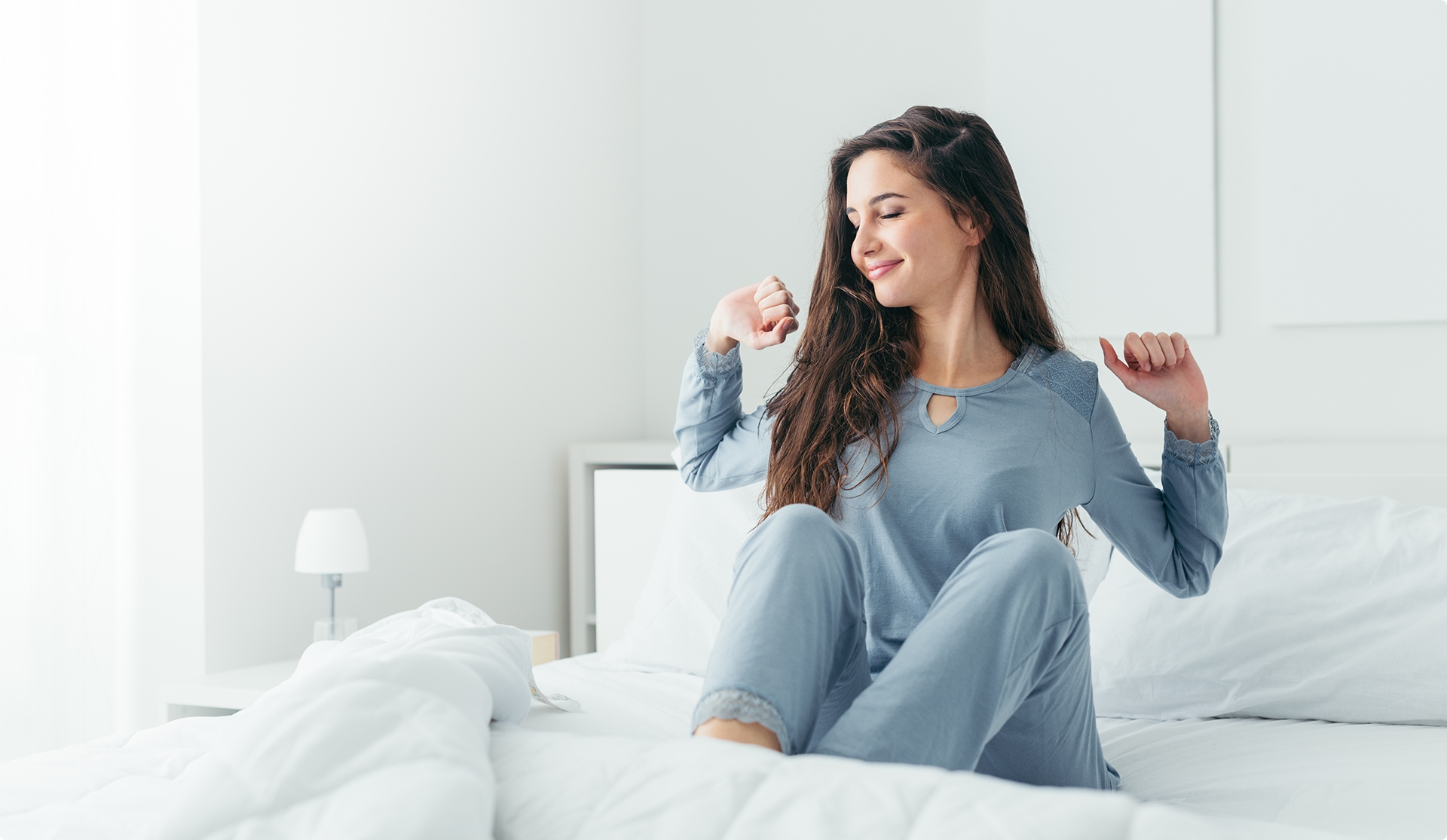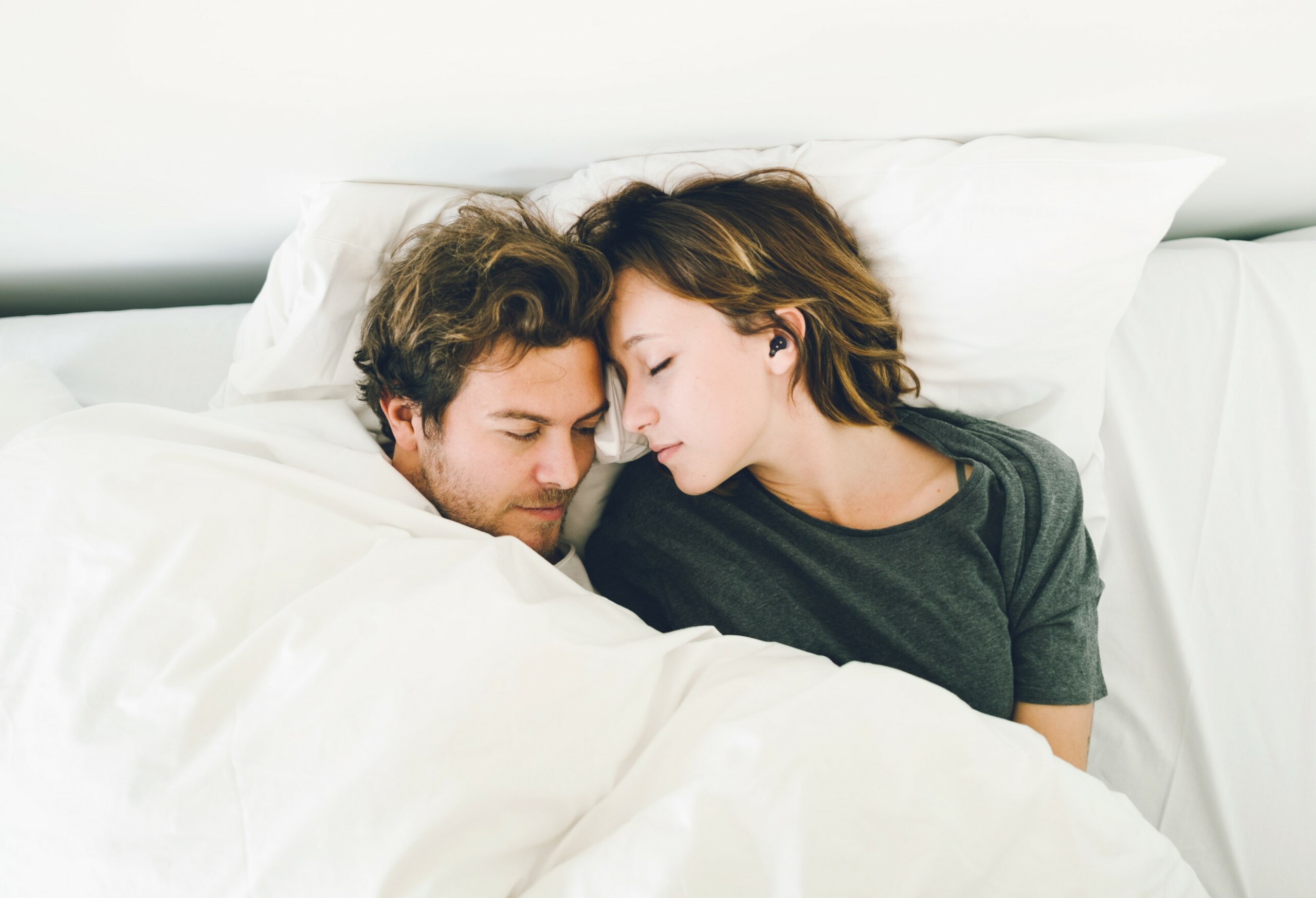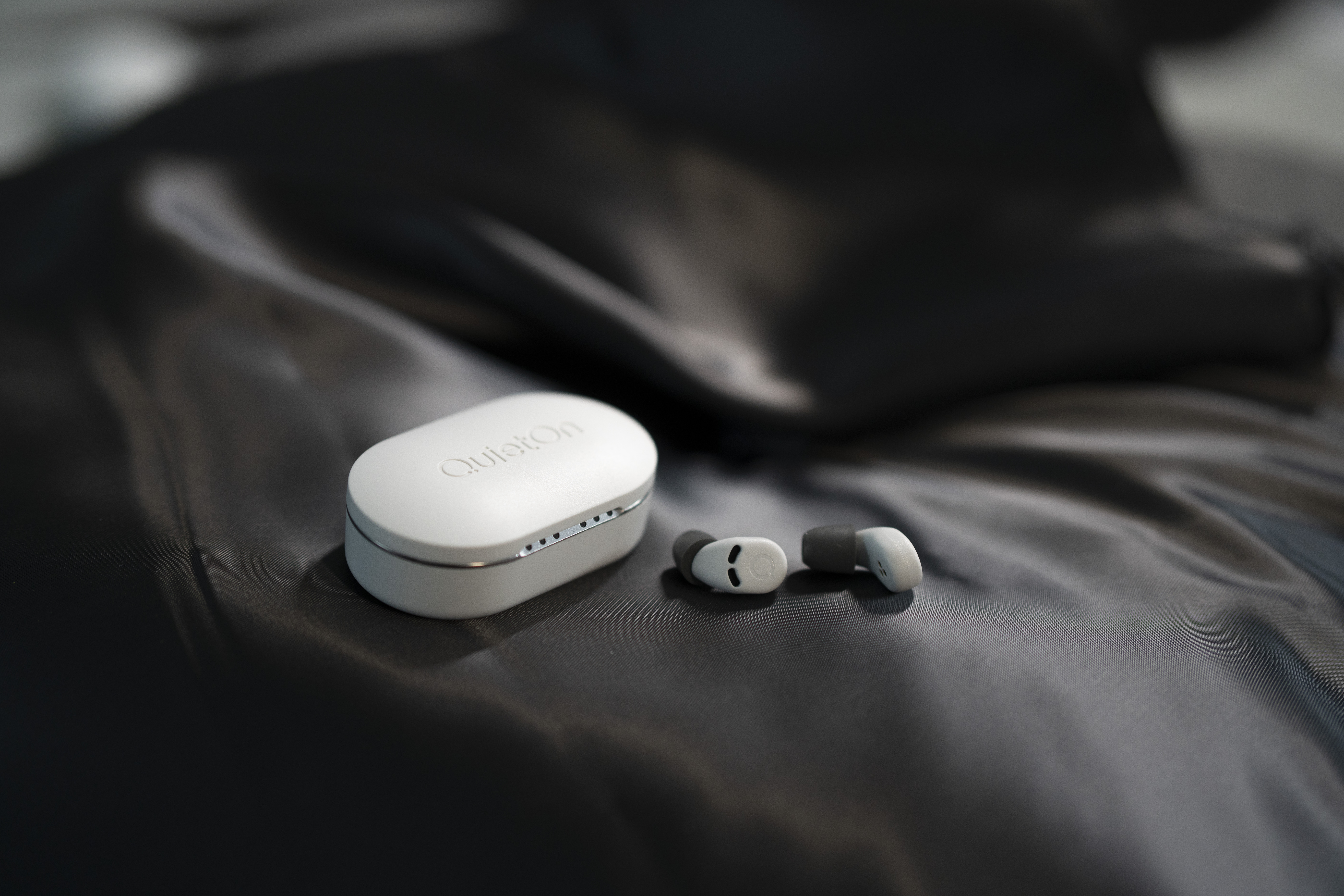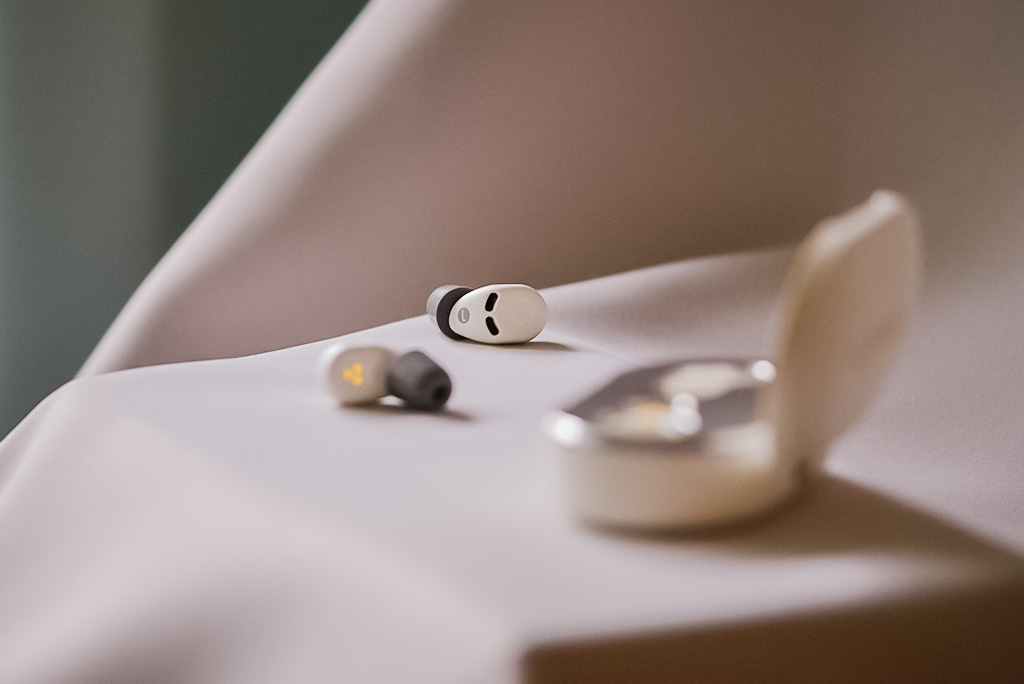Your cart is currently empty!
Improve Sleep Quality with QuietOn
The busier and more stressful your life gets, the more emphasized sufficient and good quality sleep becomes. The irony is that the same problems keeping us busy and stressed out easily affect our most important remedy, sleep. For adults the recommended amount of sleep per night is 7-9 hours. Based on a recent sleep duration…
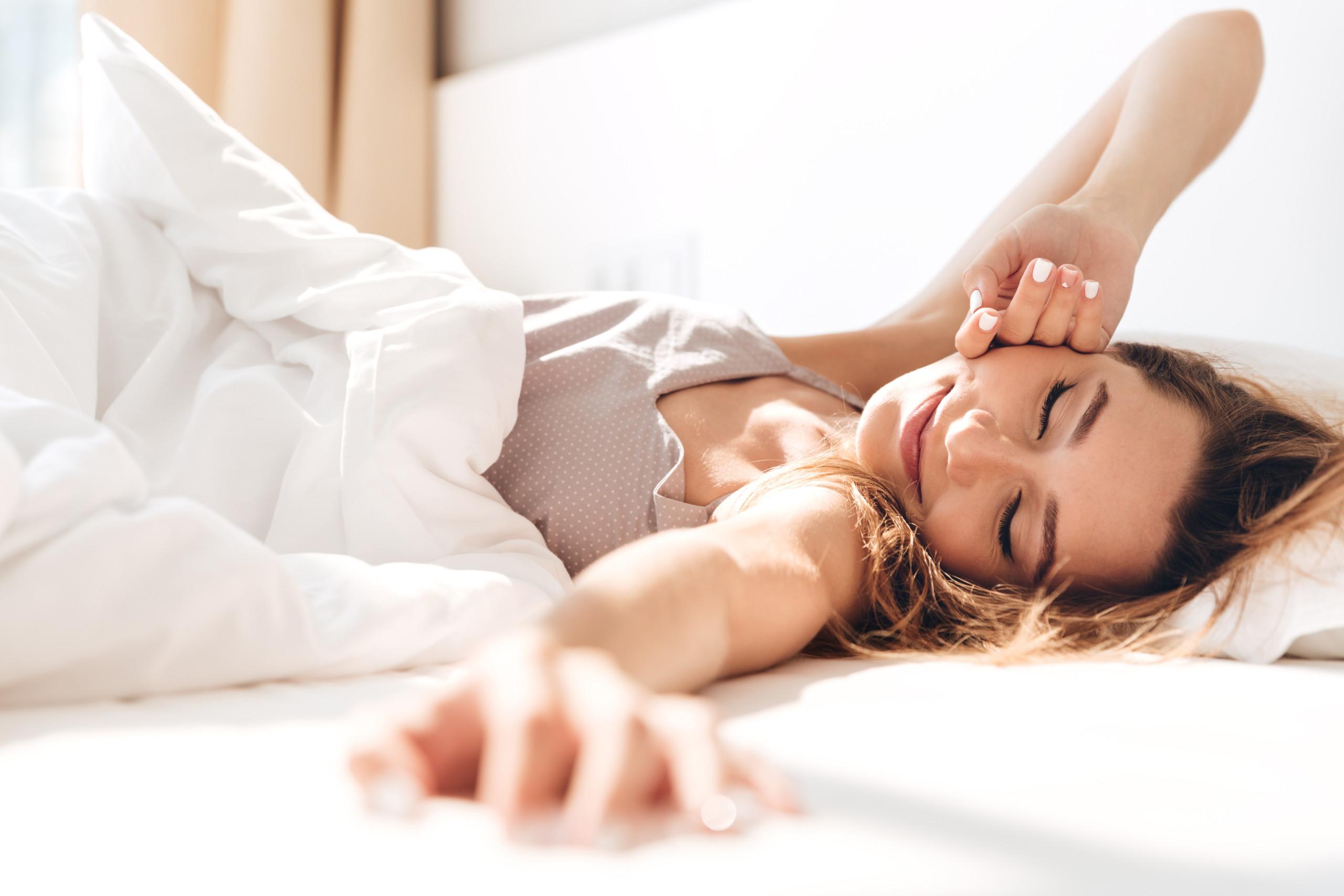
The busier and more stressful your life gets, the more emphasized sufficient and good quality sleep becomes. The irony is that the same problems keeping us busy and stressed out easily affect our most important remedy, sleep.
For adults the recommended amount of sleep per night is 7-9 hours. Based on a recent sleep duration map, the average sleep time of the European population leans heavily towards the recommended minimum. From this it is safe to determine that a significant number of Europeans sleep less than is healthy. The situation is no better in other developed countries and already more than a decade ago 70 % of the American population reported receiving insufficient sleep.
The different factors affecting sleep quality have gained more awareness during recent years. However, whether someone has had a good night’s sleep or not is still far too often determined only by the duration of the sleep. There are other factors, such as regularity and the lack of interruptions. All of them are vulnerable in today’s hectic society but can be helped. In this article we’ll study the many ways QuietOn Active Noise Cancelling earbuds enable better, or should we say premium, sleep quality.
- QuietOn helps you fall asleep more easily
- Less interruptions thanks to QuietOn
- QuietOn enables better sleep quality
- The importance of deep sleep
- Premium earbuds, premium sleep
QuietOn helps you fall asleep more easily
While there are some people who seem to be able to fall asleep in almost any kind of circumstances most of us find it tricky in noisy surroundings. There are also those for whom dozing off is delicate business to begin with. Trying to keep up to a regular bedtime is recommended for anyone but the more reliant you are on it, the more susceptible you naturally are to the adverse effects of disturbances.
As you might recall from our earlier articles, noise disturbance creates stress and stress in turn keeps you in a more or less active state. Elevated heartbeat and racing mind don’t really sound like something to do with smooth sailing to slumberland, do they? As we’ve also covered in greater detail before, our falling asleep is a process which, among other things, takes its cue from the Earth’s rotation. This way the shift in the amount of natural light plays an integral part in falling asleep but so does a change in soundscape.
You see, one of the factors aiding us in zoning out is the switch to more quiet surroundings. Most commonly by simply going to the bedroom. At first thought this might seem like just a habit, but when you think about it, whether you are at home, on a holiday or even on an overnight hike, wouldn’t you instinctively seek a peaceful place or try to ensure quiet surroundings when it’s time to sleep?
Doing what you can for the quietude of your sleeping surroundings is natural to you and a smart move, but sometimes noise disturbance can’t be helped. If your schedule has already squeezed your sleeping time to a bare minimum, nothing is more stressful than to have it truncated even more. Another factor that easily suffers from noise disturbance, and is in fact even more important than the duration of sleep, is a regular bedtime.
If you encounter noise disturbance or otherwise feel like you could benefit from some added quietude, QuietOn Active Noise Cancelling earbuds are a solid aid. With them you are able to keep up to your natural bedtime as well as significantly shorten the time it takes for you to fall asleep.
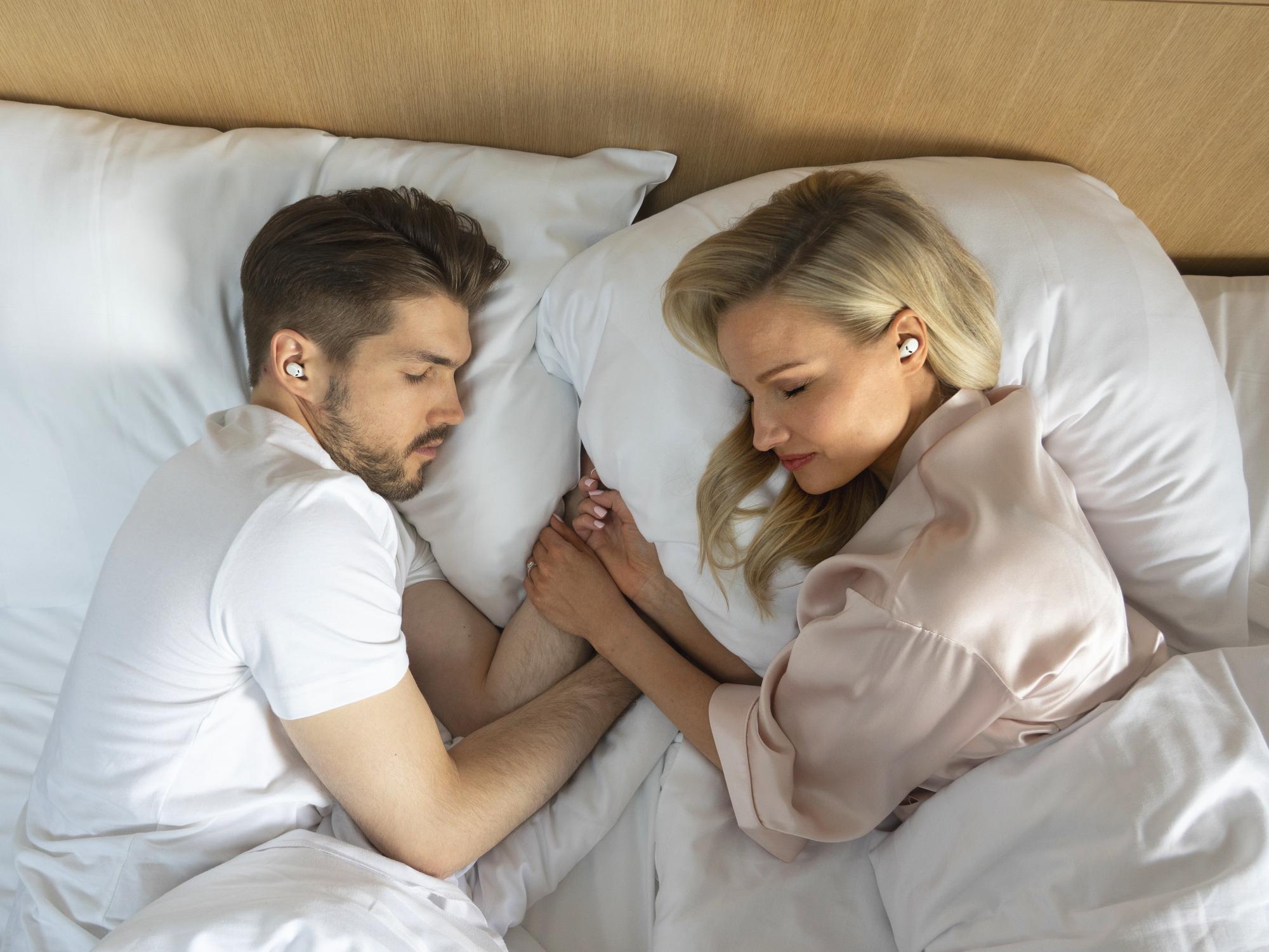
Less interruptions thanks to QuietOn
Awakening to reality just on the verge of falling asleep can be truly annoying. Unfortunately getting bothered by a noise disturbance is fairly easy in the initial state of falling asleep as we are more sensitive to auditory stimuli. If the interruption of falling asleep is a bother, waking up to a disturbance when there’s half an hour left until the alarm must easily be among the top causes for anyone to consider committing murder.
Admittedly it’s easy to think that during sleep our senses are shut down until we wake up. This is partly true and then again not. It is true that our senses don’t work in the same alertness as during waking hours but if they were completely shut off, how could we wake up to a noise in the first place? As we’ve discussed before, our brain stays surprisingly active during sleep. The biggest difference being that during sleep those activities happen unbeknownst to us.
For example, our sense of hearing stays partially active during sleep but most of the auditory information is blocked out as unimportant. However, this filtering system leaks, and for a good reason. When a noise disturbance is loud enough or our system deems the sound information essential to us, some or all of it trickles through to our consciousness. No matter how desperately sleep is needed, isn’t it somewhat handy being able to wake up to, for example, a fire alarm?
Before fully waking up, there is still a possibility of only waking halfway up which we usually don’t remember in the morning. When this kind of noise disturbance occurs it’s often incorporated in a dream. Even though this is less harmful than fully waking up, it still disturbs your sleep and lowers its overall quality.
As QuietOn’s Active Noise Cancelling technology makes the soundscape you experience altogether quieter, it prevents a lot of the noise disturbances that would otherwise affect your sleep. Some of the most typical noise disturbances to wake us up are snoring and traffic, both of which can be effectively blocked out with ANC. The less interruptions you experience during sleep, the better quality and more restoring the sleep is. More on this next.
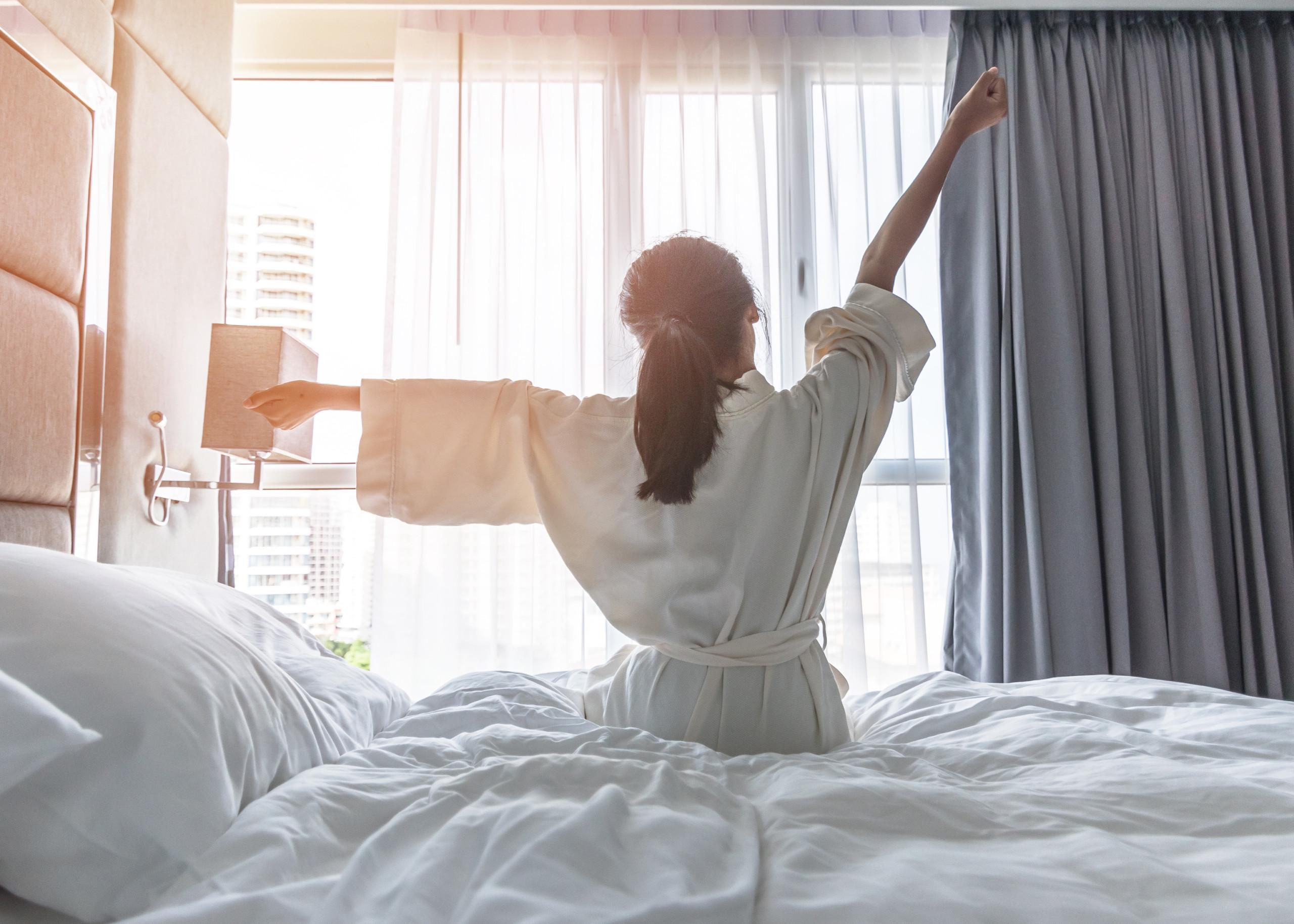
QuietOn enables better sleep quality
Sleep consists of four different stages of which stages 1 to 3 are considered non-rapid eye movement (NREM) sleep, or quiet sleep. Stage 4 is rapid eye movement (REM) sleep, a.k.a. active sleep. A more familiar way of division is light sleep (NREM stages 1 & 2) and deep sleep (NREM stage 3 & REM sleep). During sleep your brain transitions between the stages creating cycles. In healthy and good quality sleep the brain goes through a necessary amount of sleep cycles uninterrupted. This is explained in greater detail here.
During NREM you transition from wakefulness to sleep. Your body relaxes and its functions slow down stage by stage in preparation for the deep sleep. Contrary to what is often thought, deep sleep is not the only important sleep phase. For example, memory consolidation is believed to begin already on NREM stage 2. On NREM stage 3 and REM sleep the brain and body repairs, restores, and resets for the next day. Memory consolidation also continues and intensifies making it important for learning. REM is also especially important because during it your cells repair and rebuild.
“So what”, some might say. “I’ll just go back to sleep if I wake up”. What is important to understand, is that when you wake up in the middle of a sleep cycle you fall back asleep through light sleep. If there are many interruptions, the important deep sleep phases are not reached. On the other hand, waking up from deep sleep leaves the necessary light sleep phases out of that cycle.
When you think about all the advantages a solid night’s sleep provides, it’s fairly easy to deduce what cutting the cycle short takes away from it. Lack of sleep has been shown among other things to cause memory problems. So much so that in a study comparing a group of people pulling an all nighter to a group pulling Zzzs, the former exhibited a 40 % deficit in memorizing new things.
What’s even more scary, simply disturbing an individual’s NREM sleep and preventing that person from reaching deep sleep has shown to produce similar brain deficits and learning impairments. Additionally, it’s been revealed that sleep deprivation even impacts the learning-related genes in brain cells, effectively making the memory almost like a full mailbox – or a sandcastle built too close to the tide line. No wonder sleep deprivation has been linked to Alzheimer’s disease.
When it comes to stress management, during deep NREM sleep your brain communicates a calming signal to the fight-or-flight effect produced by your nervous system. If this is blocked, i.e., the brain is prevented from entering deep sleep or it gets disturbed while in it, the brain doesn’t get the opportunity to lower your heartbeat and thus blood pressure. As a result, the level of the stress hormone cortisol stays elevated. This has the potential to lead into for example a heart attack or stroke.
If the brain is prevented from entering deep NREM sleep, it is also prevented from reaching REM sleep. This means severe hindrance to cellular reproduction; the rest and recovery of organs, cardiovascular system and nervous system; as well as the building of muscle and bone tissue. The link between sleep deprivation and cancer doesn’t seem so far-fetched anymore, does it?
As QuietOn’s ANC earbuds prevent noise disturbances that could otherwise harm your sleep quality, prevent you from reaching the deep sleep stages, or potentially wake you up altogether, they are not only a comfort item. Doing what you can for the quality and continuity of your sleep is the base rock of your health and well-being – in a single word: everything.
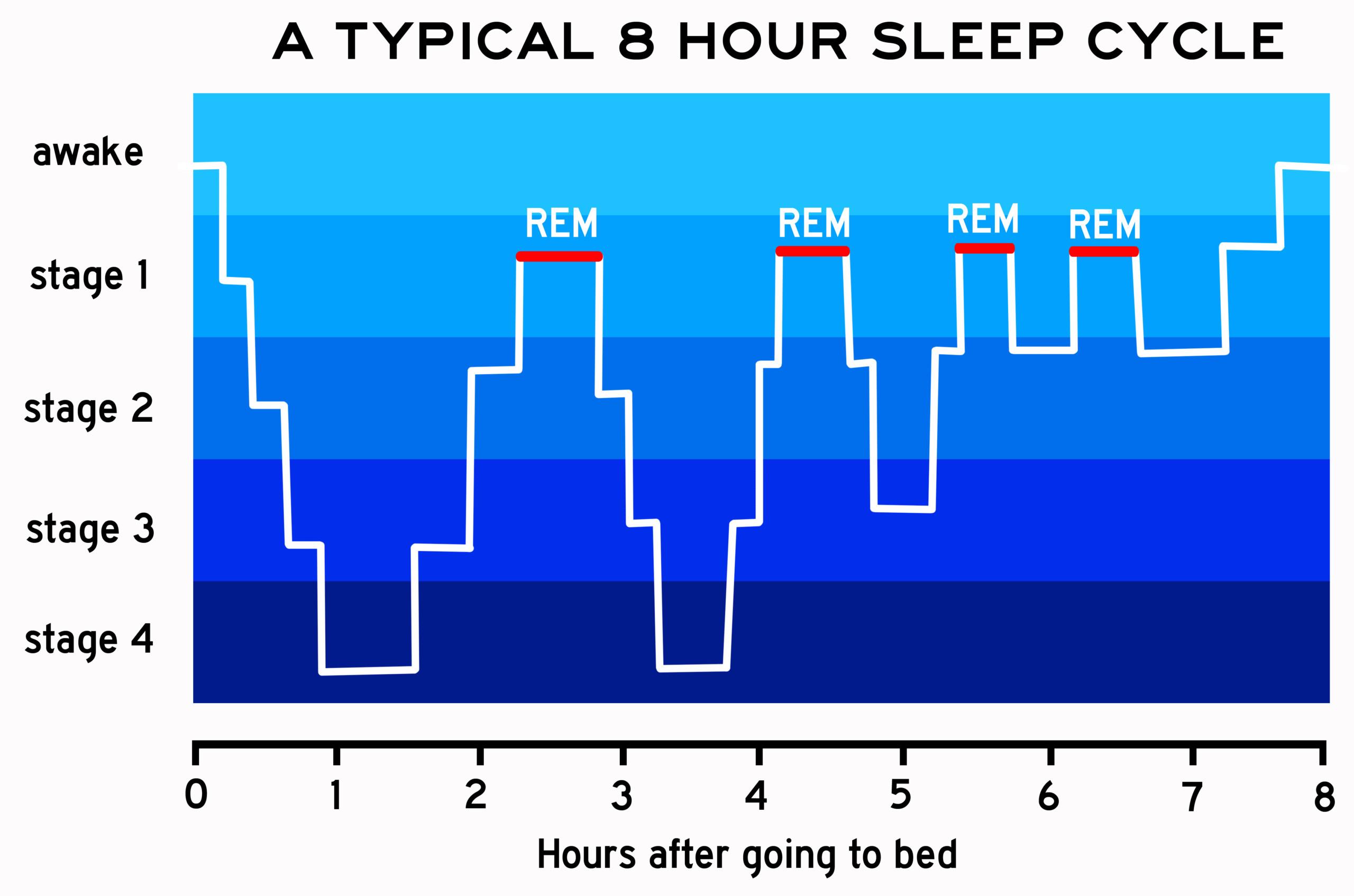
Premium earbuds, premium sleep
In addition to the actual technology that fights against the sleep-disrupting noise, QuietOn brings to the table smart solutions in comfort of use. Check out for example this recognition from TechCloud.
In addition to long battery life and the possibility to switch between listening and silencing modes, QuietOn earbuds have received praise for their form-fitting design and small size. QuietOn 3 earbuds are in fact the world’s smallest ANC earbuds which plays a big part in their unobtrusive use. Another significant factor is that they are specifically designed to fit different kinds of ears.
Quietude should be a natural thing when sleeping but who said it couldn’t feel like it even when achieved through technology?
QuietOn’s Active Noise Cancelling earbuds make sleeping better in many ways. They make it easier and more comfortable to fall asleep and they secure the integrity and quality of the sleep, thus having huge indirect health benefits. As all the sleep quality enhancing means of QuietOn’s ANC technology are put together with the physical attributes of the earbuds, we can state with confidence that QuietOn provides the best ANC earbuds for sleeping. It’s as simple as that.
References
Walker, M., ed. (2017) Why We Sleep. 2nd ed. Penguin Books.
https://landgeist.com/2021/05/12/sleep-duration-in-europe/
https://www.cdc.gov/mmwr/preview/mmwrhtml/mm5842a2.htm
https://www.hopkinsmedicine.org/health/wellness-and-prevention/lack-of-sleep-and-cancer-is-there-a-connection
https://www.lancastergeneralhealth.org/health-hub-home/2021/april/stroke-the-hidden-risk-of-sleep-deprivation
https://www.nih.gov/news-events/nih-research-matters/sleep-deprivation-increases-alzheimers-protein
https://www.reuters.com/article/us-health-sleep-idUSKCN1M72F3
https://www.sleepfoundation.org/sleep-deprivation/how-sleep-deprivation-affects-your-heart
https://www.verywellhealth.com/the-four-stages-of-sleep-2795920
https://www.youtube.com/watch?v=8x1A_iR8kXw&t=8s
Related Articles
Types of Stress Part 2: I Can’t Sleep
Taking a Rest
Is 5 Hours of Sleep Enough?
Night Noise


